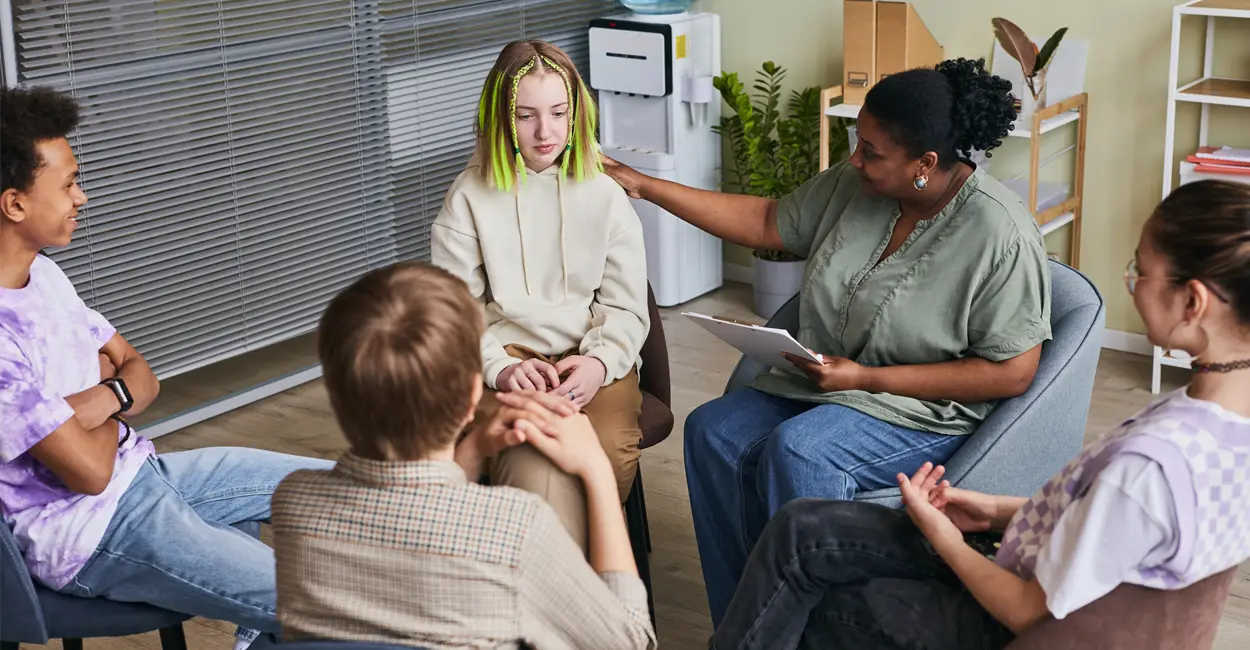24/7 Helpline:
(866) 899-221924/7 Helpline:
(866) 899-2219
Learn more about PTSD Treatment centers in Beauty
PTSD Treatment in Other Cities

Other Insurance Options
Beacon

Sliding scale payment assistance

Horizon Healthcare Service

Optum

Aetna

Lucent

Molina Healthcare

Coventry Health Care

Sutter

AllWell

Health Net

Private insurance

Meritain

Optima

UnitedHealth Group

CareSource

United Health Care

Self-pay options

Multiplan

Humana













